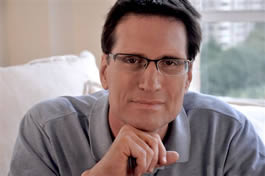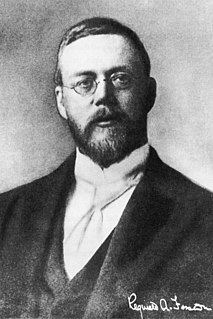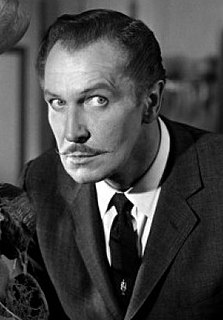A Quote by Henri Cartier-Bresson
To me, photography is the simultaneous recognition, in a fraction of a second, of the significance of an event as well as of a precise organization of forms which give that event its proper expression. And this organization, this precision, will always escape you, if you do not appreciate what a picture is, if you do not understand that the composition, the logic, the equilibrium of the surfaces and values are the only ways of giving meaning to all that is continuously appearing and vanishing before our very eyes.
Quote Topics
Always
Appearing
Appreciate
Before
Composition
Continuously
Equilibrium
Escape
Event
Expression
Eyes
Forms
Fraction
Give
Giving
Logic
Me
Meaning
Only
Organization
Our
Photography
Picture
Precise
Precision
Proper
Recognition
Second
Significance
Simultaneous
Understand
Values
Vanishing
Very
Ways
Well
Which
Will
Related Quotes
In any bureaucratic organization there will be two kinds of people: those who work to further the actual goals of the organization, and those who work for the organization itself. Examples in education would be teachers who work and sacrifice to teach children, vs. union representative who work to protect any teacher including the most incompetent. The Iron Law states that in all cases, the second type of person will always gain control of the organization, and will always write the rules under which the organization functions.
You must develop a sense of what you can contribute that goes beyond 1 company or organization. A career path today will likely involve moving from organization to organization, creating a picture of rising circles, rather than a vertical ladder. In fact, a vertical rise within one organization will very likely move you away from your strongest areas of competence.
You have to understand that PTSD has to be an event that you experience, a very traumatic event. And actually, there is evidence that brain chemistry changes during this event in certain individuals where it's imprinted indelibly forever and there's an emotion associated with this which triggers the condition.
This is not remarkable, for, as we know, reality is not a function of the event as event, but of the relationship of that event to past, and future, events. We seem here to have a paradox: that the reality of an event, which is not real in itself, arises from the other events which, likewise, in themselves are not real. But this only affirms what we must affirm: that direction is all. And only as we realize this do we live, for our own identity is dependent upon this principal.
Sometimes you read a passage by a great writer, and you know what he says and how he says it will always be, for you, the only possible way it could be. Less often a painter will describe an event in a way that fits into your interpretation of that event so perfectly that it becomes the event itself.
I think it's possible for me to approach the whole problem with a broader scope.When you look at something through an, an organizational eye, whether it's a, a religious organization, political organization, or a civic organization, if you look at it only through the eye of that organization, you see what the organization wants you to see. But you lose your ability to be objective.
[Socialists claim] that we reject fraternity, solidarity, organization, and association; and they brand us with the name of individualists. We can assure them that what we repudiate is not natural organization, but forced organization. It is not free association, but the forms of association that they would impose upon us. It is not spontaneous fraternity, but legal fraternity. It is not providential solidarity, but artificial solidarity, which is only an unjust displacement of responsibility. Socialism . . . confounds Government and society.































